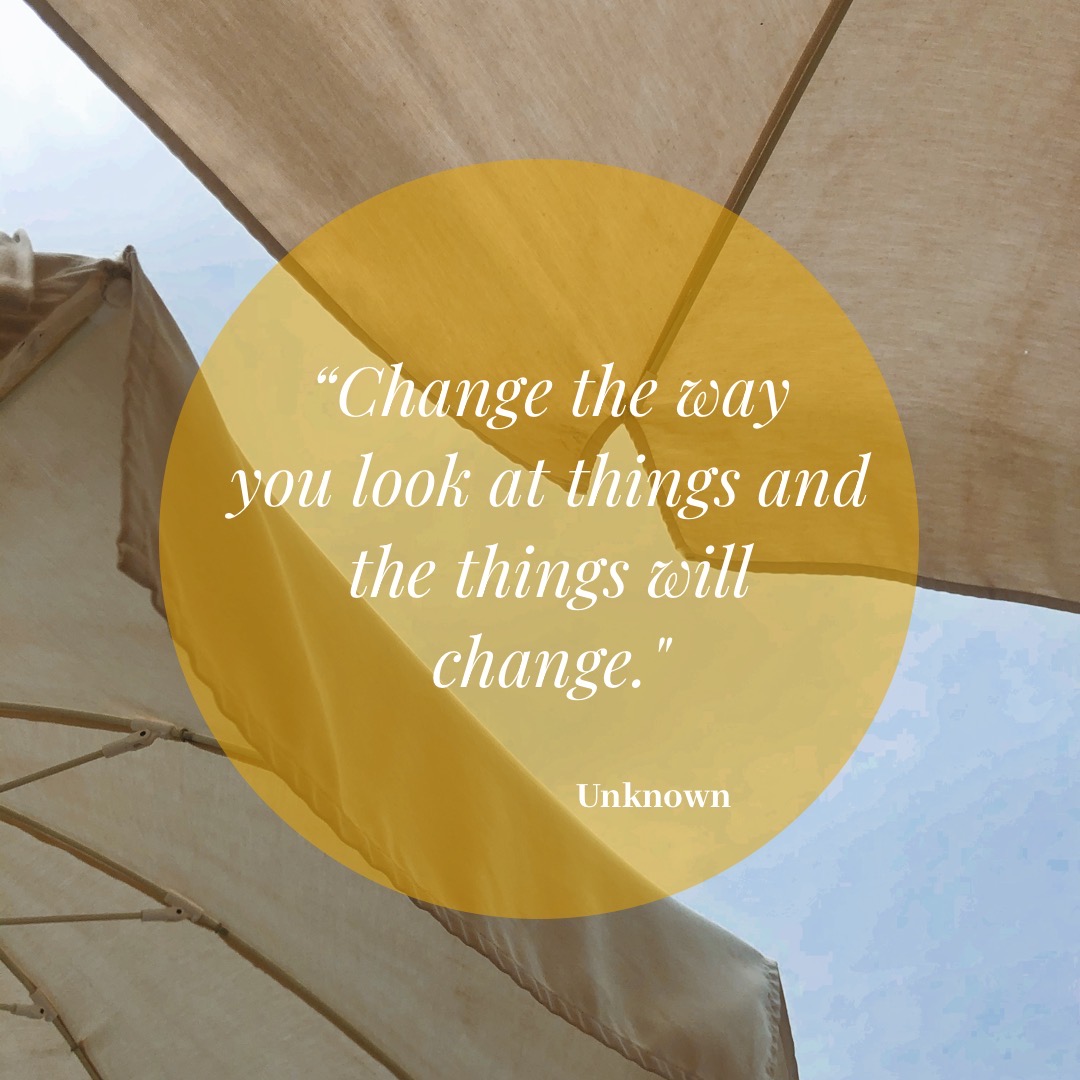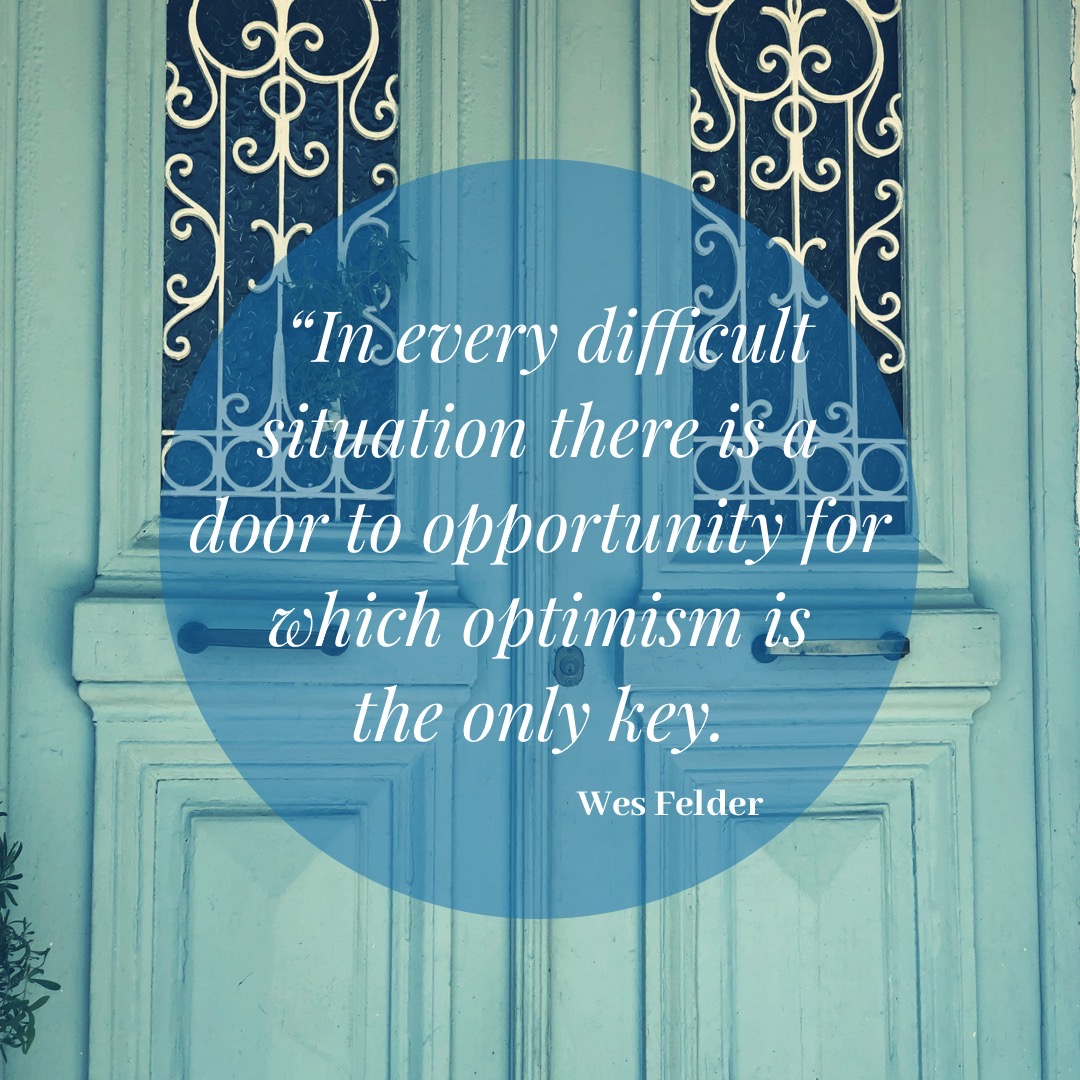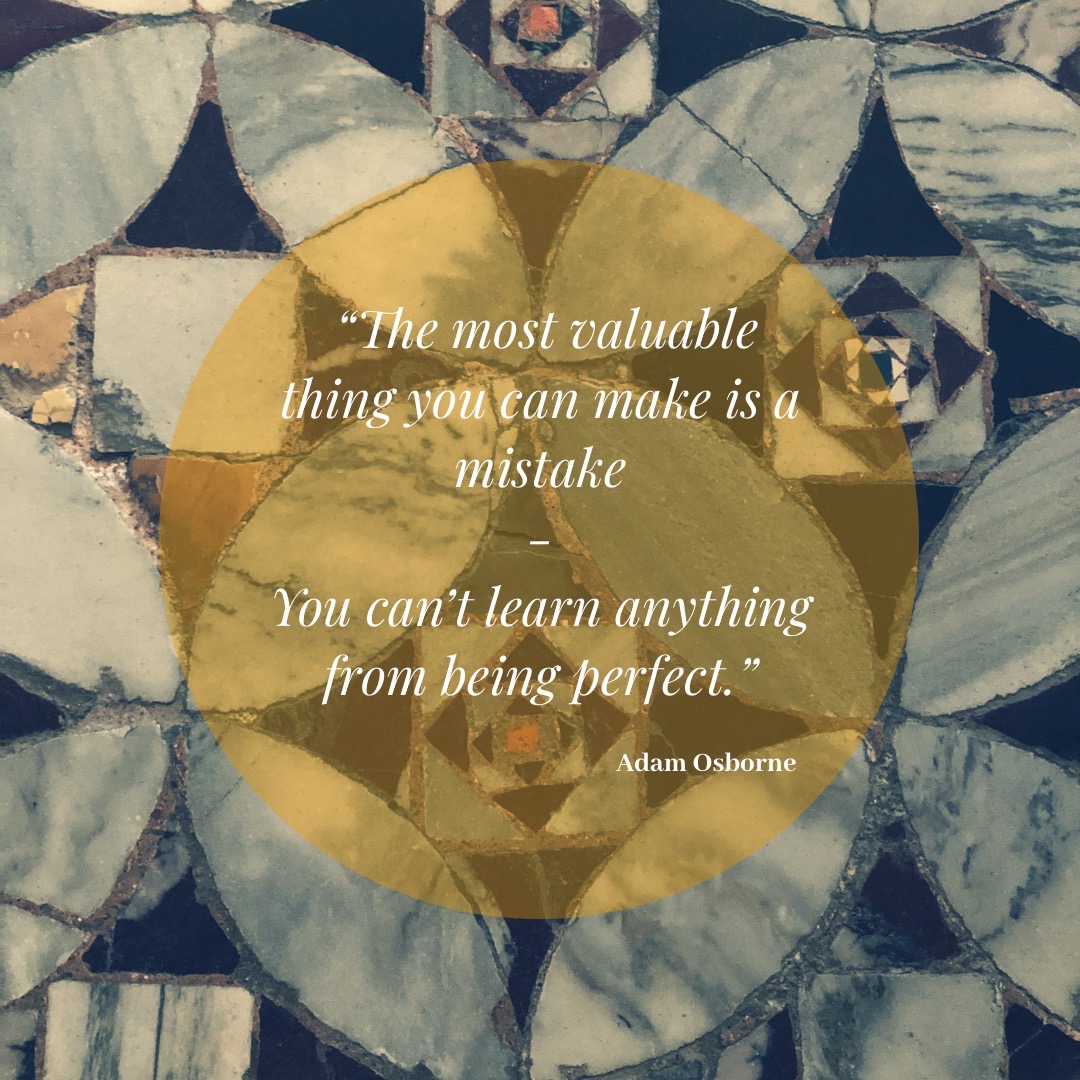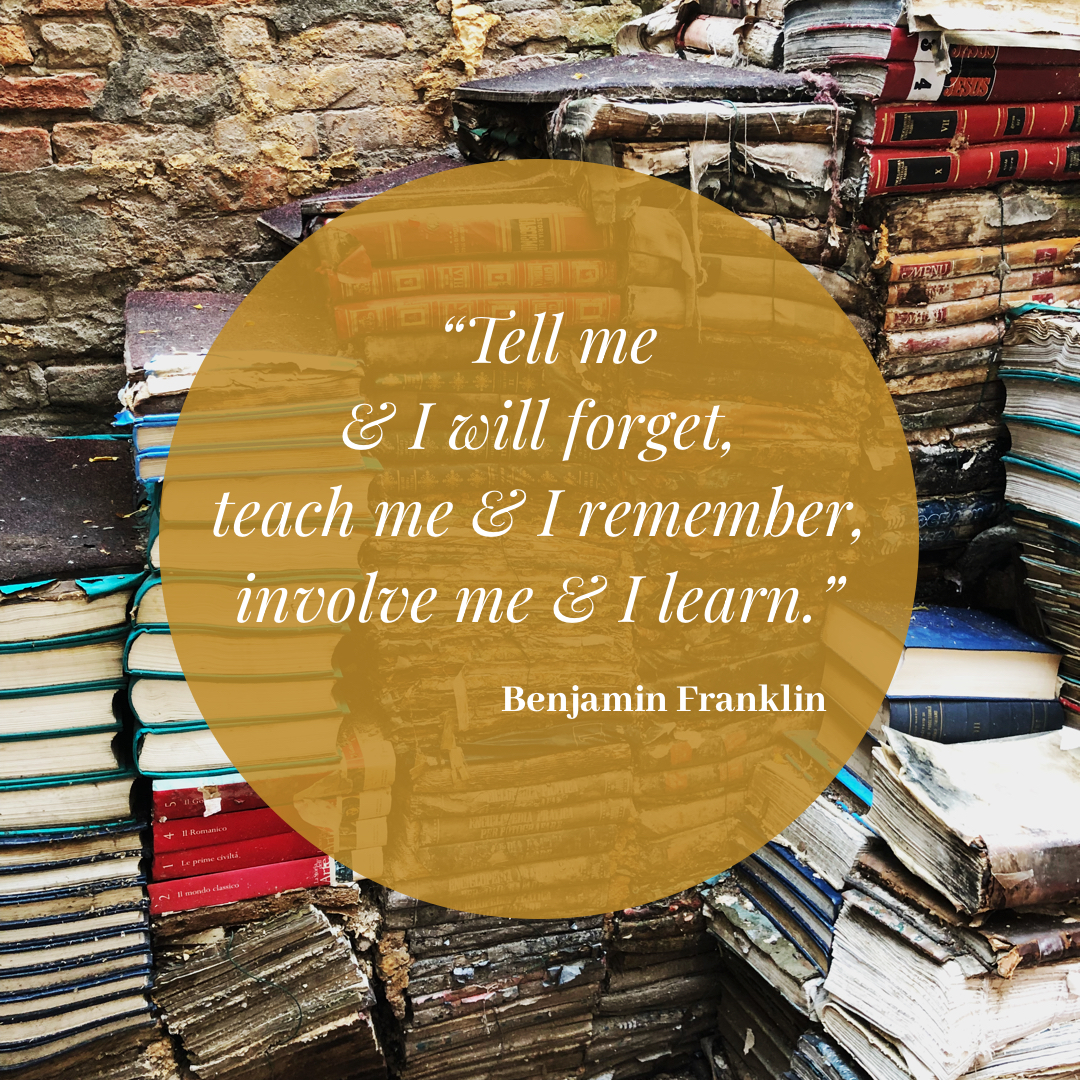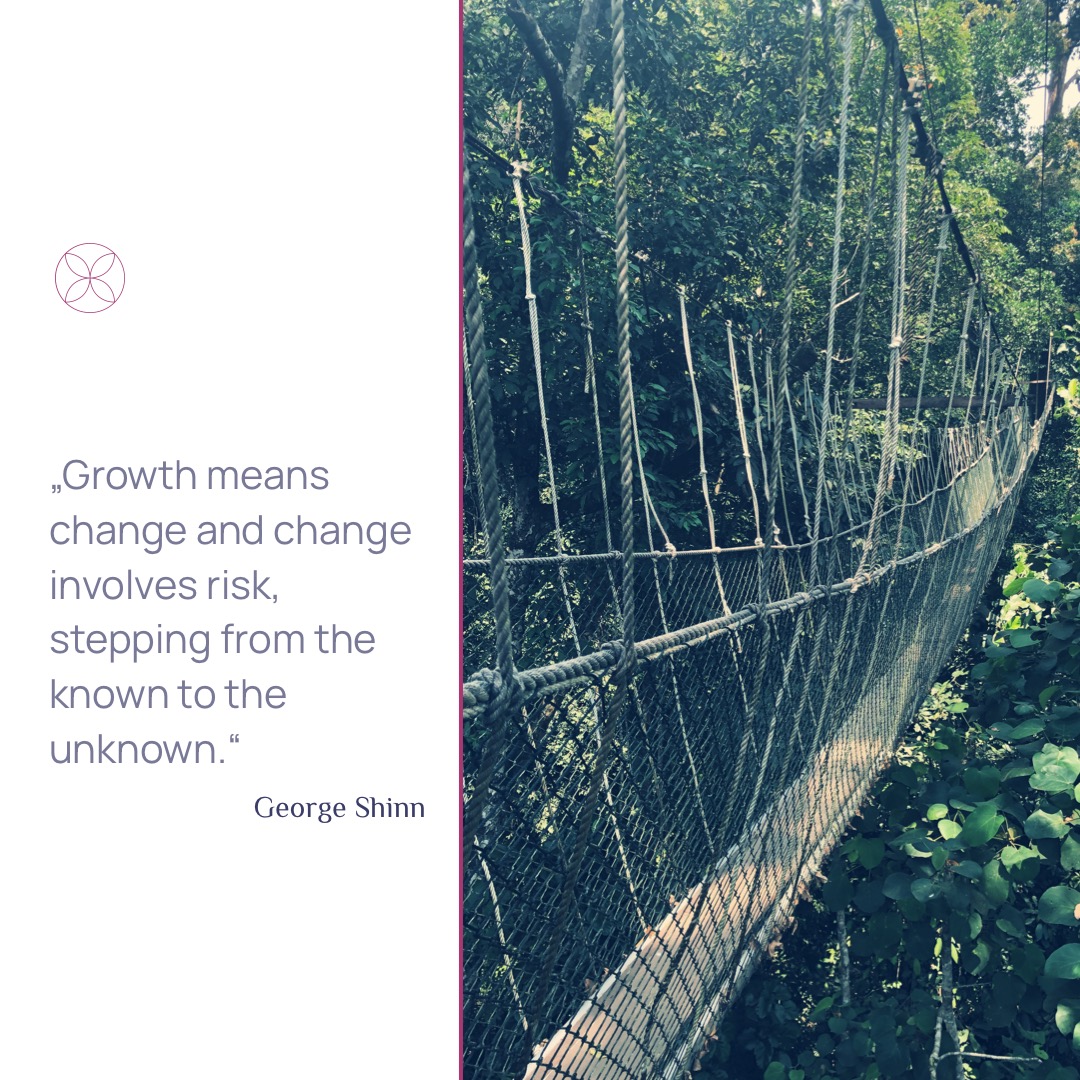We all know it and as a team leader, I’m sure we’ve all jumped into cold waters a few times because parts of the job
I have asked myself this question very often. Thoughts ran through my head like what am I allowed to share, do I lose the respect
If we are honest, we all know it, certain triggers (action, words, situation,…) that cause certain emotions in us and can, for example, drive us
The first time I took on a big pitch project, our creative director didn’t like the initial ideas and as usual the deadline for the
Somehow I was haunted by the idea that you have to be perfect as a lead and you have to maintain this idea so that
I owe this guiding principle to a friend who pointed out to me that it is not a matter of course to have a lead
Involvement – is the key word here. We all know that we learn the most when we are involved from the beginning of something, for example, a new project. When perhaps the way to solve a problem was still unclear and we could discuss it together with others. But why do we learn the most here? Because in these projects we were mostly put together with different people and benefit from their knowledge, skills and ways of thinking. We can all learn from each other – regardless of hierarchy.
My new article „Everyone can learn from everyone“ is about exactly that. How can we get our team members more involved and drive knowledge sharing among team members and use their different skills to help each other grow.
This saying and approach appears in many articles and books about modern leadership. The focus is no longer on oneself but on the team – on each individual. If we have spent most of our careers being in the foreground, leading important projects, showing that we have the knowledge and skills to tackle certain issues and find solutions, we should now do the opposite – stay in the background. It’s not about us as a single person any more – It’s about our team!
To be honest, I had imagined the transition from colleague to lead much easier. Maybe you felt the same way or currently in this situation, but especially in the beginning it was quite a balancing act. On the one hand, you’re still very much stuck in operational „previous“ tasks that have to be handed over or completed, and on the other hand, you now have new exciting tasks that you have to familiarize yourself with. You also want to make a good impression and, above all, get the team on your side. You stumble between old and new tasks and work a lot more, especially in the beginning. It becomes even more difficult when there is no one who can take over the old tasks and you are caught between two worlds. Sound familiar?
I have had 14 different supervisors in my 12+ years of work – 9 of them at my current company where I’ve been working since


